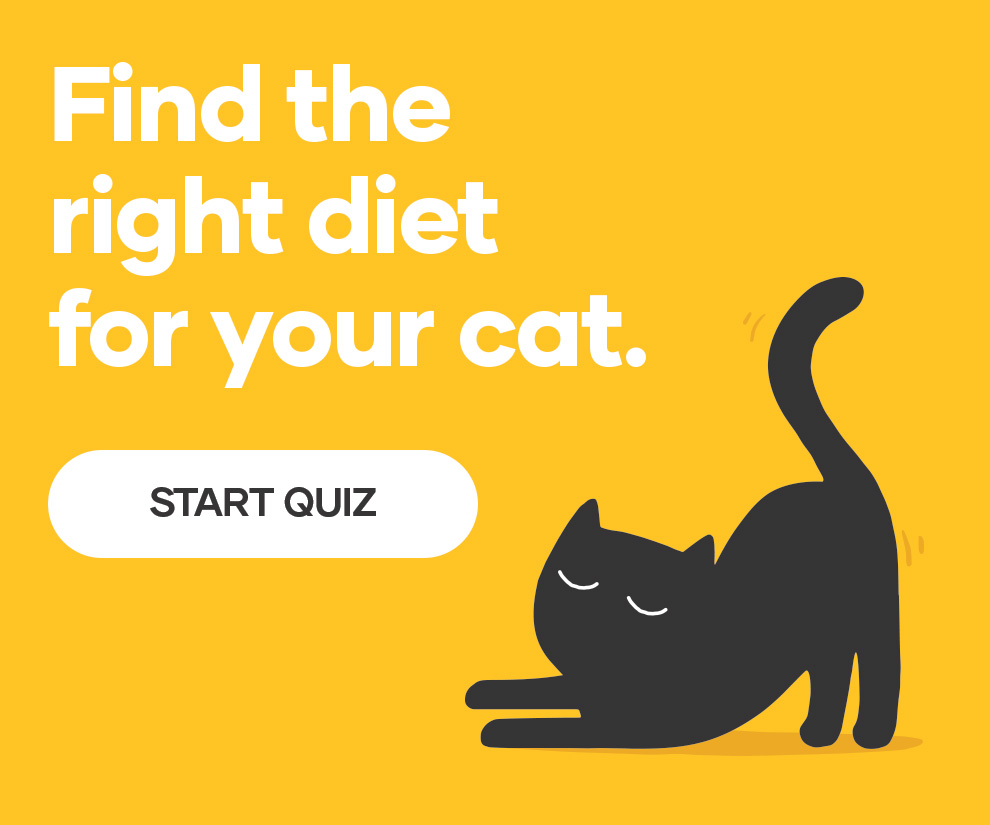Don’t take your cat’s weight lightly, obesity is a serious problem affecting many cats.

The statistics around cats’ health are quite alarming – 33% of cats in Australia are overweight or obese. Obese cats experience a much lower quality of life as they are less likely to be active, can develop joint problems, have difficulty self-grooming, have a higher risk of diabetes and overall can live a shorter life.
As a responsible pet parent, it’s important that you understand your cat’s nutritional needs, pay close attention to their portions and ensure that they are engaging in some activity. Here’s advice on helping your obese cat lose weight and stay healthy.
Choose the right diet for your cat
Complete and balanced nutrition is the first step to good health for obese or “cuddly” cats. There are many weight management cat foods available that have a low fat content to help obese cats lose weight and be healthy.
In addition, feeding your cat a diet that is formulated for their life stage is important, especially once cats hit the age of seven, as they are considered seniors. At this stage, their metabolism changes and it’s best that they are fed a senior diet that caters for this transition. Find the right cat food for your cat’s age, size, life stage, activity levels and more using our Cat Food Finder Tool.
Control your cat’s portions
It’s not only the quality of the food that has a big impact on your cat’s weight, disregarding portion control is perhaps the fastest track to a weight problem. Considering most cats are free to nibble on dry food throughout the day, be sure they aren’t exceeding their recommended daily intake. Look at the feeding guide on the back of pack for the recommended portion size for your pet. This should be used a guide only as portion size should be adjusted with age, size, activity level, breed and environment.
Reduce treats
Giving your cat treats can be your way of showing your cat how much you care about them but if you’re overfeeding your cat, this may do more harm than good. Help your cat lose weight by making sure that treats do not exceed 10% of their total diet and that you’re only feeding your cat healthy treats that have been specifically formulated for them. You can even consider completely cutting treats out of your cat’s diet and rewarding them with cuddles and exciting toys instead.
Increase your cat’s activity
Some cats will always be more active than others and for pets that spend almost two-thirds of their lives sleeping, it’s even more important to encourage their activity levels. Outdoor cats are usually able to stay fairly active as they can exercise outside and burn off energy. If your cat is strictly indoors, you need to find ways to keep them active. Provide them with an entertaining scratcher and choose interactive cat toys that will engage them in play and remember to change these regularly to keep your cat interested.
If you are concerned about your cat’s weight or health, talk to your local Greencross Vets who can create a tailored weight management program to help your cat lose weight.










